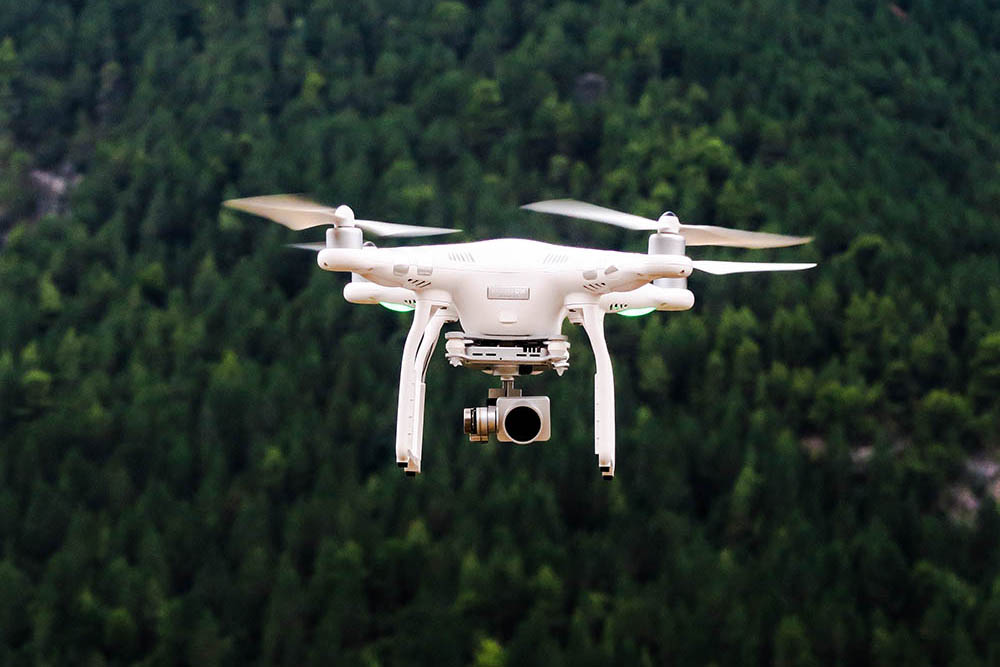
As government leaders struggle with how to reopen the county, the use of technology to monitor citizens has taken center stage. Indeed, some states have begun deploying drones to monitor individual activities such as whether or not people are complying with social distancing.
The mayor of Meriden, Connecticut has announced that the city will be monitoring walking trails and parks with standard drones. And, Elizabeth, New Jersey is using drones to disseminate recorded messages instructing people to keep their distance.
While these limited applications of technology seem innocuous, other proposed uses appear less so. Ongoing aerial surveillance and surveillance to track individual’s health raise serious issues regarding citizen’s constitutional rights of freedom to associate and their right to privacy.
For example, Westport, Connecticut recently sought to use drones with sensors which could detect if someone was potentially ill. These drones are able to detect fevers, sneezing, heart rate and respiratory rate. These “pandemic drones”, produced by Draganfly, a Canadian based company, have the ability to measure body temperature, breathing and heart rates as far as 190 feet from the ground.
The Draganfly drones and technology were recently tested in Westport, Connecticut, one of the original hotspots in the United States, but the town decided not to implement the drone surveillance over privacy concerns.
Drones undoubtedly have many potential beneficial uses and perhaps may be usefully deployed in the fight against pandemics. However, without proper regulation and oversight, drones also have the potential capability to deploy facial recognition software, infrared technologies and surveillance technology to intrude, without consent, into the private lives of individuals by monitoring private conversations, mining personal medical data and sharing such information.
The challenges brought by the pandemic do not justify the government trampling upon the constitutional rights of its citizens. The use of drones must be subject to the proper legislative processes and implementation of rules to protect each individual’s right to privacy.